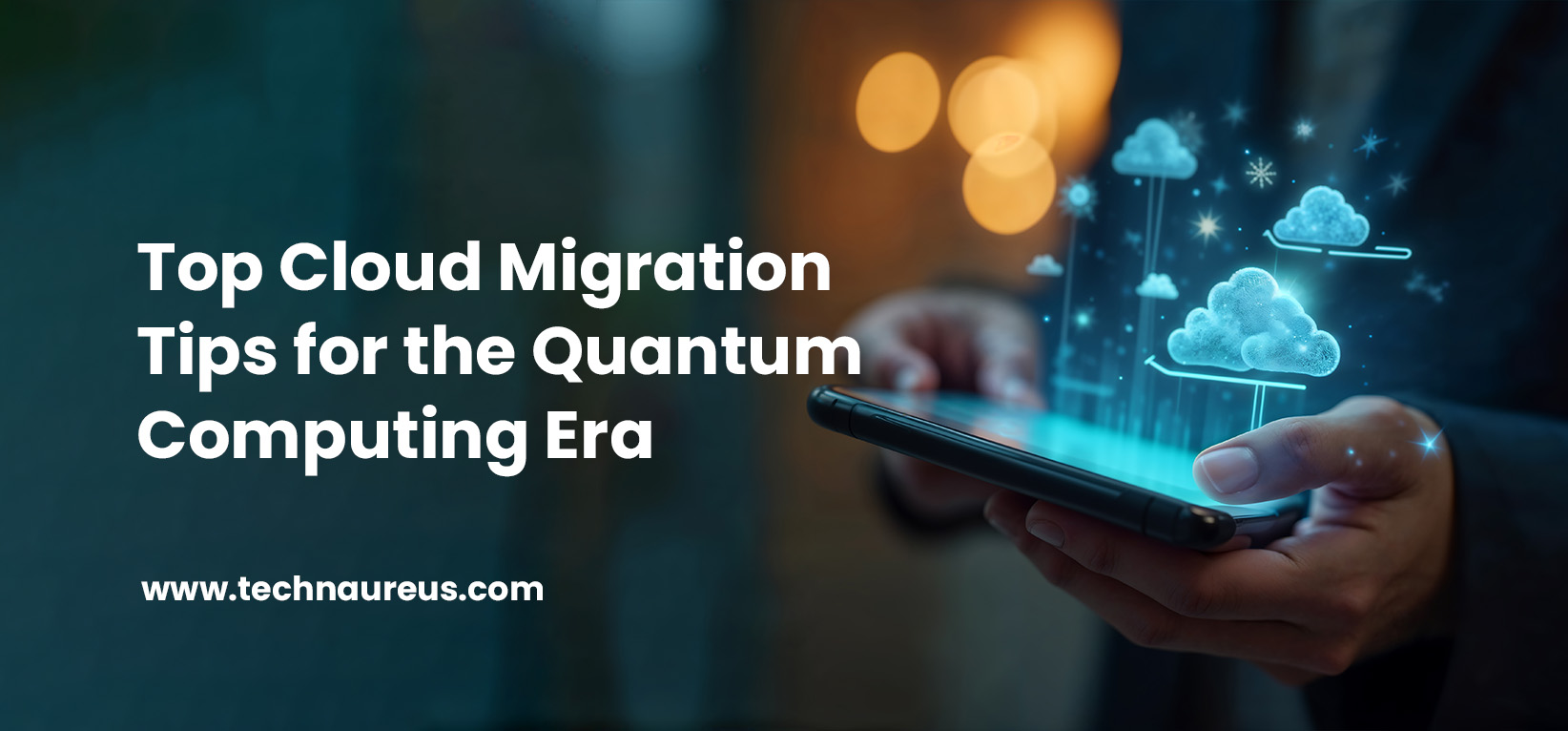Muhammad IrfanMay 7, 2025
In today’s fast-paced digital world, businesses are increasingly shifting their operations to the cloud. This move, known as cloud migration, is helping companies become more agile, scalable, and cost-effective. But with the rise of quantum computing, the way we approach cloud migration is evolving. Quantum technologies are influencing how data is handled, encrypted, and optimized — making it essential for businesses to update their cloud migration strategies.
In this blog post, we’ll explore the best cloud migration practices, how quantum computing ties into the process, and what organizations should consider to ensure a smooth transition to the cloud.
Cloud migration refers to the process of moving digital assets such as data, applications, and IT processes from on-premises infrastructure to a cloud environment. This can involve moving to public, private, or hybrid clouds.
Businesses migrate to the cloud to
Before moving to the cloud, define clear goals. What are you migrating to? Why? When? Involve stakeholders across departments to create a roadmap that aligns with business objectives.
With emerging quantum computing advancements, hybrid environments are gaining traction for businesses that want the flexibility to process complex data workloads securely.
Security should be at the forefront of any migration plan. Use encryption, access control, and continuous monitoring. As quantum computing grows, consider quantum-safe encryption algorithms to future-proof your data against potential threats.
Start small. Migrate non-critical systems or applications first. This helps you uncover potential issues early and refine your strategy before moving mission-critical systems.
Rather than simply replicating old systems, take this opportunity to modernize
This step ensures long-term performance improvements.
While quantum computing is still in its early stages, it’s already reshaping how cloud solutions are being developed. Cloud providers are integrating quantum platforms to offer next-generation computing capabilities.
Quantum computers can theoretically break current encryption methods. This means businesses must begin preparing for a post-quantum encryption world. During cloud migration, using quantum-resistant security protocols can help safeguard sensitive data for years to come.
Quantum computing enables faster processing of large datasets — ideal for industries like finance, healthcare, and logistics. Migrating data and applications to a cloud with quantum capabilities ensures you stay future-ready and competitive.
Despite its benefits, cloud migration isn’t without challenges
Working with experienced migration teams and leveraging cloud-native monitoring tools can help overcome these issues efficiently.
As we look ahead, businesses that embrace both cloud migration best practices and prepare for quantum computing will be better positioned to thrive. Here’s how to stay ahead
Cloud migration is a vital step for any modern business aiming for scalability, efficiency, and innovation. By following the best practices outlined here and understanding how quantum computing is beginning to shape cloud strategies, your business can stay ahead in a rapidly changing tech landscape.
Need help migrating your systems to the cloud or preparing for the quantum future? Get in touch with our experts today.

0